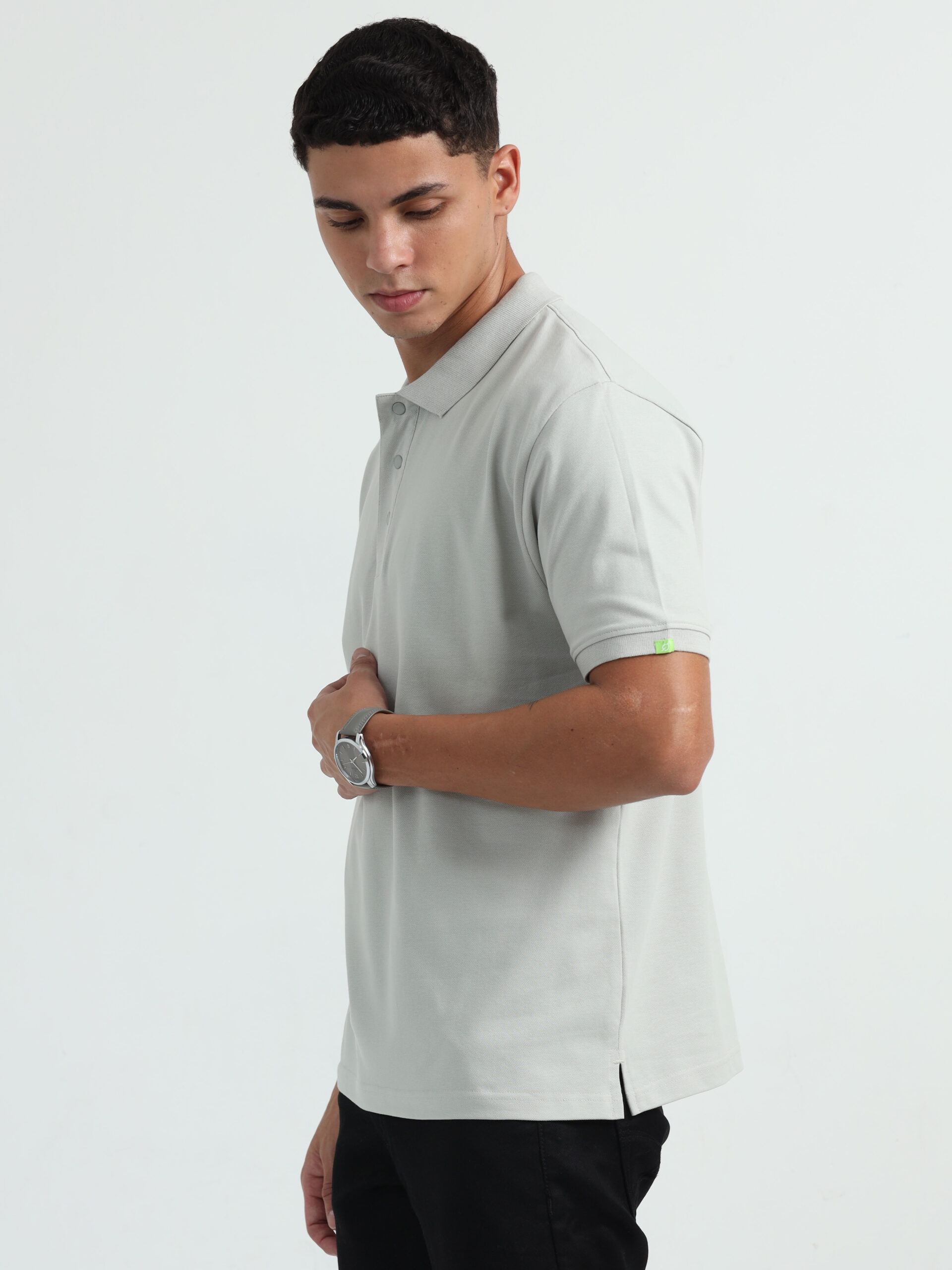Completely recycled clothing is not only possible, but necessary for the preservation of our planet.

$730 BILLION
is the current value of the global clothing industry.
This number is expected to double in the next 5 years.
CURRENT CLOTHING FIBERS
75% of current clothing fiber is made using polyester and 25% is made using cotton, which makes up most textile waste.
65-92 MILLION TONS OF TEXTILE WASTE
is generated globally and is expected to double.
ONLY 20%
of total textile waste is recycled.
while 80% of textile waste ends up in landfills or is incinerated, both of which cause grievous harm to the planet.
RISKING OUR SOIL
90% of the earth’s previous topsoil is estimated to be at risk by 2050, according to the UN FAO, if current abusive farming practices continue.
how do we help?

Polyester is the major fiber used in clothing and plastic production.
Used clothing made out of polyester is often discarded and ends up in landfills.
This waste can instead be effectively salvaged to create recycled fibers to manufacture new clothing along with these positive side effects:
Eliminate Landfill Waste
Polyester that ends up in landfills can be reduced in the short term and eliminated in the long term.
Reduce Future Production
Recycling Polyester can reduce the need for new polyester production.
Closed-Loop Recycling
With new closed-loop recycling methods, the recycled products can be further recycled many times over.
Cotton, the second most common fiber, is another contributor to textile waste.
Unlike polyester, cotton has extra waste generated during production in addition to it’s waste created through the discard of used products.
The cotton waste generated during production can be effectively used to create new clothing products.
Reduce Cotton Waste
Cotton that ends up in landfills can be reduced.
Less Cotton Farming
Reusing scrap cotton helps reduce the demand for cotton cultivation.
At Ecojay, we use a method of quality and sustainability, being thoughtful with our sources and aligning with our Global Recycled Standard Certification.
Recycled Blend
Ecojay uses a recycled cotton/polyester blended fiber, with a predominant cotton content, that has proven to provide both comfort and longevity.
Quality Control
We ensure that all our products pass through stringent quality control standards.
Certifiably Sourced
Sourced from certified suppliers and ensure that our supply chain is vetted.
Our current technology is capable of producing open-loop recycled products.
A closed-loop system is a design and manufacturing method that keeps the textile material circulating for as long as possible. The fibers produced through the closed-loop process, are used in textiles later.
Reduced Water Usage
We see a reduction in the use of water by 90% from traditional clothing production.
Less Energy
20% less fuel is burnt in our processes, resulting in energy savings and less pollution.
Minimal Treatments
0% new dyes are added and minimal treatments are needed for the production process, which results in elimination of hard chemical use.